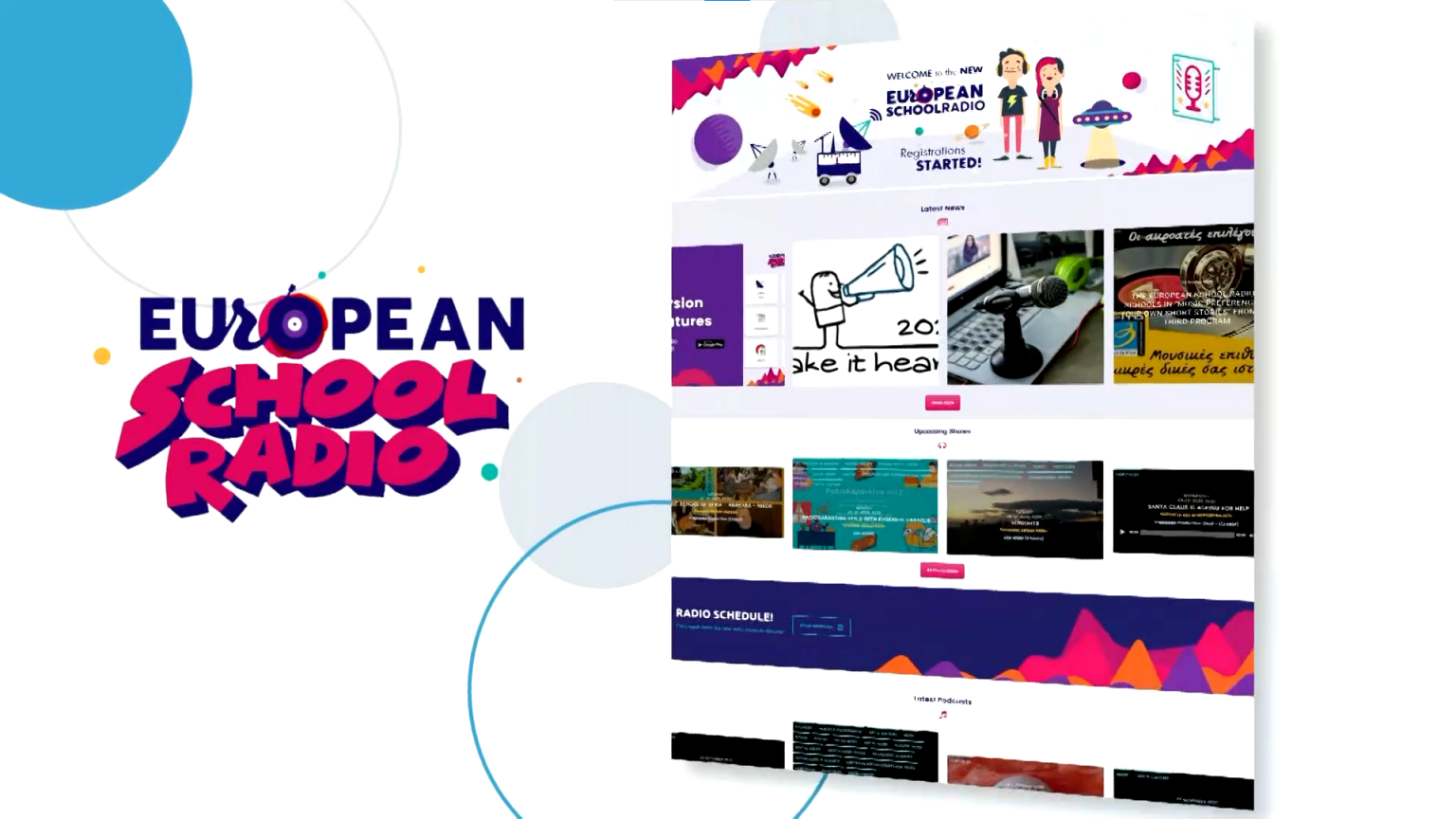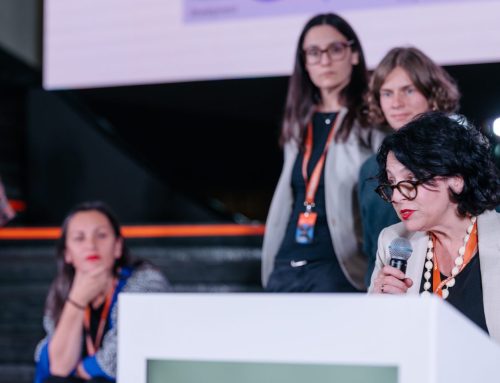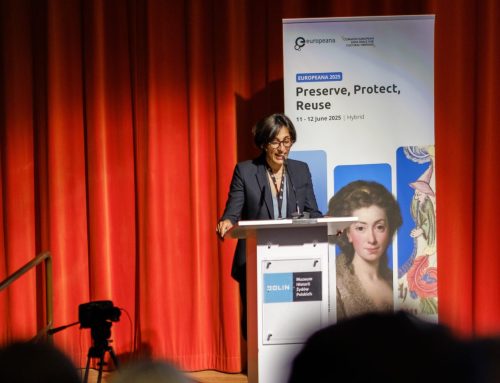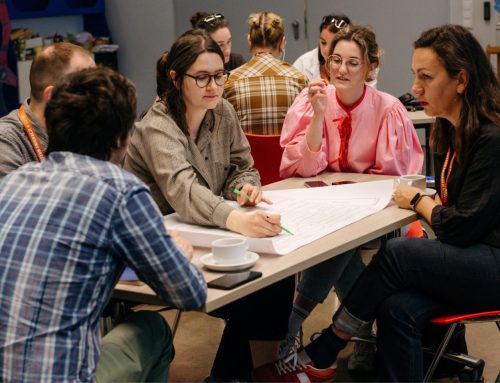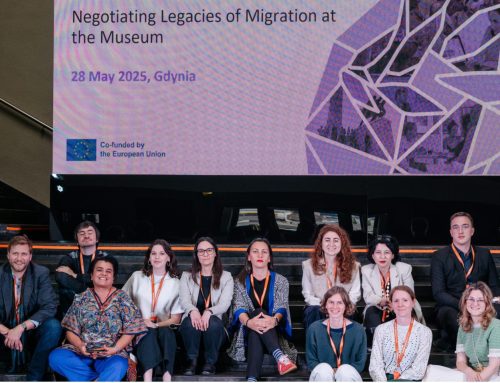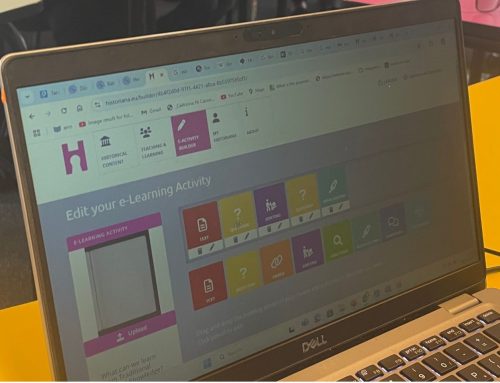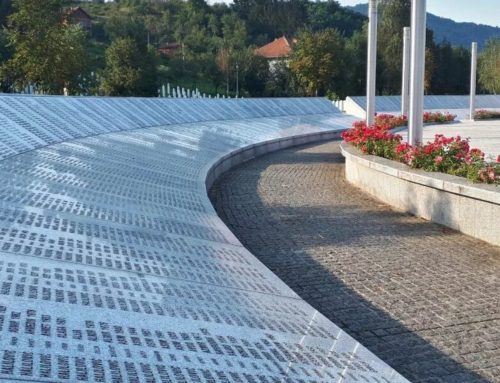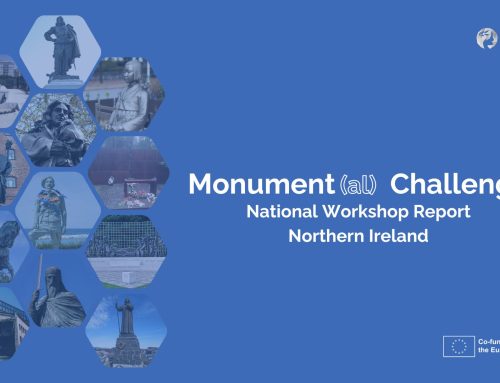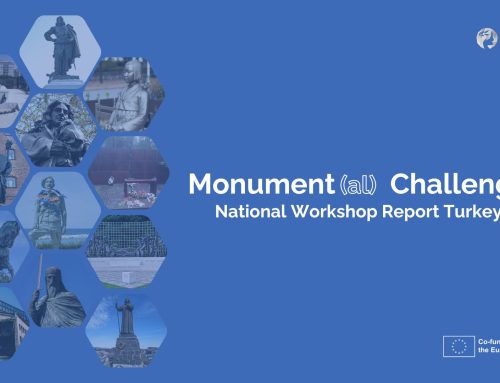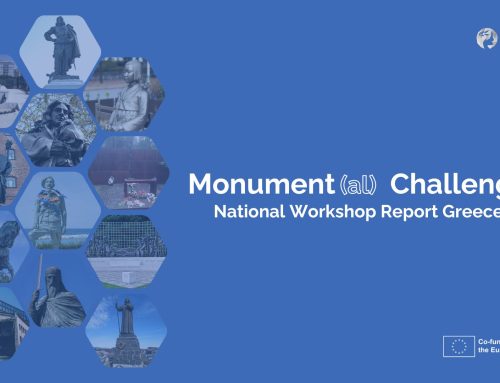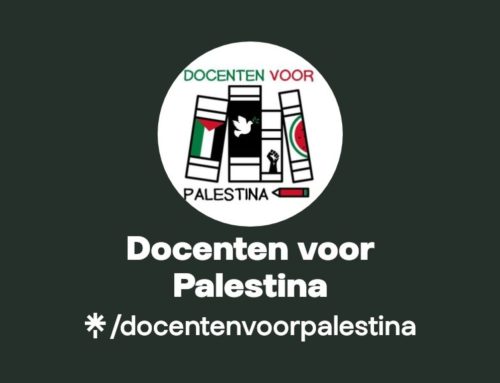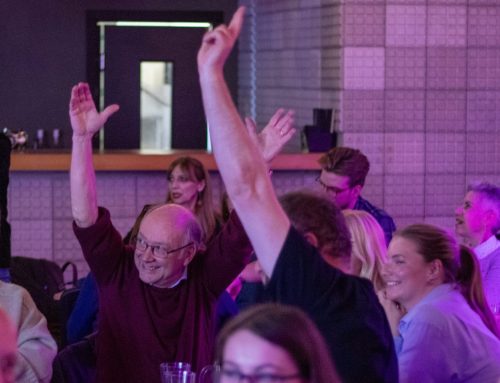Since its invention in the 1890s, radio has been a widespread and fundamental communication and entertainment medium across the world. In the 21st century, the spoken word continues to be popular in outlets such as podcasts and meditation apps. However, few of us can say that we have made use of the radio during our school years. In this article, we highlight European School Radio (ESR), a student-led radio station which brings many benefits to students such as creativity, improving research and oral skills, and becoming familiar with ICT and audio production.
This radio station is useful for all school levels, but is geared especially for primary and secondary schools, and can also be accessed by any school whether public or private. The non-profit radio station was established in 2010 as an initiative of four high school teachers in Greece. Today it has amassed a large network of more than 160 associated schools and a total of 1987 members among teachers and participants, forming a community inspiring different forms of learning while promoting collaboration between students and educators, as well as the union of schools from different countries and cultures.
The European School Radio is available online at any time. The programs are scheduled in a collaborative calendar, and include both live and pre-recorded shows. In addition, there are programs broadcasted in thematic hours where topics such as the environment, health, science, culture, sports, history and education are addressed, as well as music programs. The goals of this web radio station are geared toward both entertainment and education. Students may enjoy programs with a wide variety of topics, and learn more as well, in particular with programs which promote sensitivity on current affairs, social actions, and artistic initiatives.
In the past years, ESR has organized and delivered many annual Radio School Festivals, where thousands of students and teachers participated. For this year, the Radio and Music Contest has the title of “From I to We”, honoring the 200th anniversary of the Greek Revolution. In addition, last year the ESR won the European Competition “2020 .eu Web Awards”, the only nominee in the field of education from all over Europe, for its attractive web design and its contribution to youth participation.
BENEFITS
Among the benefits that this radio has for teachers are:
- The possibility to communicate with other educators and students
- Exchanging ideas
- Taking part in annual events such as festivals or concerts
- Learning how to plan and produce a radio program.
It also brings numerous benefits for students including:
- Developing creativity, critical thinking of speech and democratic ideals
- Providing personal and professional development opportunities in the fields of journalism, presenting, and the use of media and technology
- Learning how to work better in groups
- Creating a sense of ownership for being involved in the entire development process
- Letting students share knowledge or concerns of young people today.
CONTENT
Freedom of expression and communication are fundamental principles of this radio station. However, producers and broadcasters have the obligation to express their views without offending or taking advantage of their status for other purposes.
Those responsible for the broadcast (the teachers) are considered the producers. Their obligation is to supervise that the content is correct before uploading it. The opinions and points of view of the producers do not have to coincide with the radio station itself. Therefore, no school or school network is responsible for the content that is published by others.
LIMITATIONS
The clearest limitations of this platform are the following:
– The language. It is important to note that the official language of the radio station is Greek, but it is working to promote multilingual participation. For now, the webpage can be read in English, but some pages are still under construction, and programs in English or other languages are mainly limited to music programs. Nevertheless, the initiative is spreading.
– Resources for teachers and schools. Teachers who lack the knowledge of how to record, edit, and upload audio files may find it difficult to lead the program. To bridge this gap though, registered participants can enrol in self-paced eLearning which include tutorials on elements such as software for radio productions. Another limitation could be equipment. The schools are responsible for providing their own equipment to create the shows (such as microphones, sound editing software), which may present a barrier to participation. Second hand or cheap recording materials may be found though, and free audio software such as Audacity is available.
HOW TO PARTICIPATE
If you are a teacher from a school and would like to take part in European School Radio, you first need to register with your personal email address and your school. On the website, you can check your “Teacher’s profile”, where you will receive all notifications (courses, forum topics, messages, friend requests…).
Normally at the beginning of the year, the teachers form radio teams or groups together with their students that want to participate. “Parental Approval Sheets” are also collected by the teacher for legal reasons.
Afterwards, the teacher can record the radio show, which must have music and human speech. Recorded shows can be non-scheduled (short radio messages or short thematic shows) or scheduled ones (long recorded episodes). Using the online platform, teachers can schedule, upload and manage the production of their group. When the show is ready to upload, the teacher does so online in their pre-reserved time slot.
If you are interested in participating, all the information needed can be found in a useful user guide. On the website you can also find useful resources such as the courses and software tutorials to learn how to create both live and recorded radio shows, and examples of good practices from other schools that have designed and applied radio shows in their lessons.
In short, the ESR is a space for participation, creativity and self-expression that provides a positive environment for students with possibilities in both intra- and extra-curriculum contexts. Several skills are developed thanks to this opportunity, in the oral, written, research and technical level. In addition, it is a change to network between different schools which leads to an increase in tolerance to different cultures and countries.
Today, ESR is a network of hundreds of schools whose production is created on the basis of volunteerism. The ESR shows the ideas, creations and concerns of the school community, and is a way of answering questions in a more direct and dynamic way, taking into account that new technologies are here to stay. Looking to the future, the radio station hopes to expand with an open invitation to schools, teachers and pupils to participate.
As the journalist Peggy Noonan said, “TV gives everyone an image, but radio gives birth to a million images in a million brains”. Radio is a diverse, democratic and inclusive platform in which all voices can be expressed, represented and heard.
SOURCE
(Cover image) European School Radio website: European School Radio is one of the winners at the “2020.eu Web Awards”! http://europeanschoolradio.eu/archives/110827.

